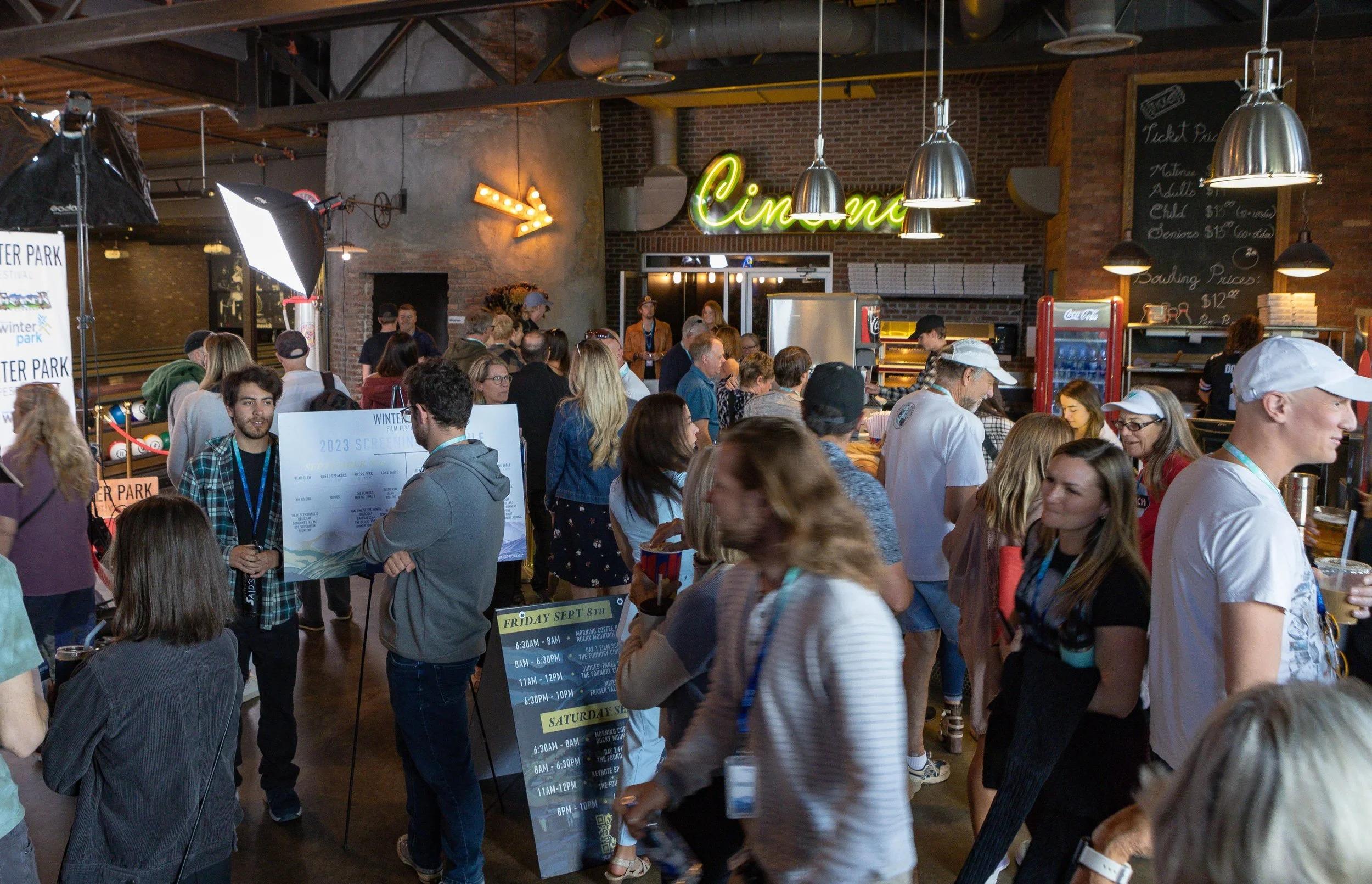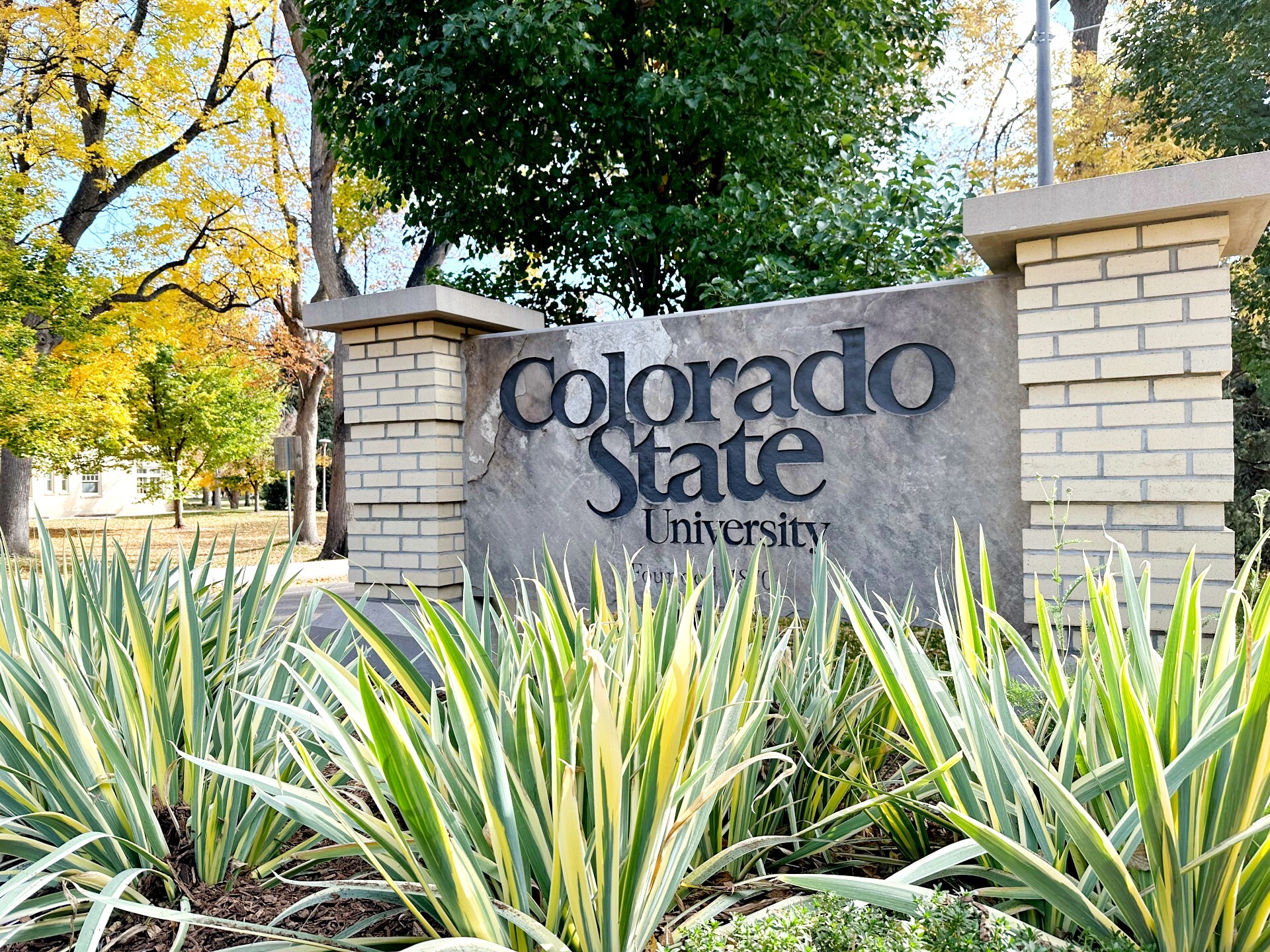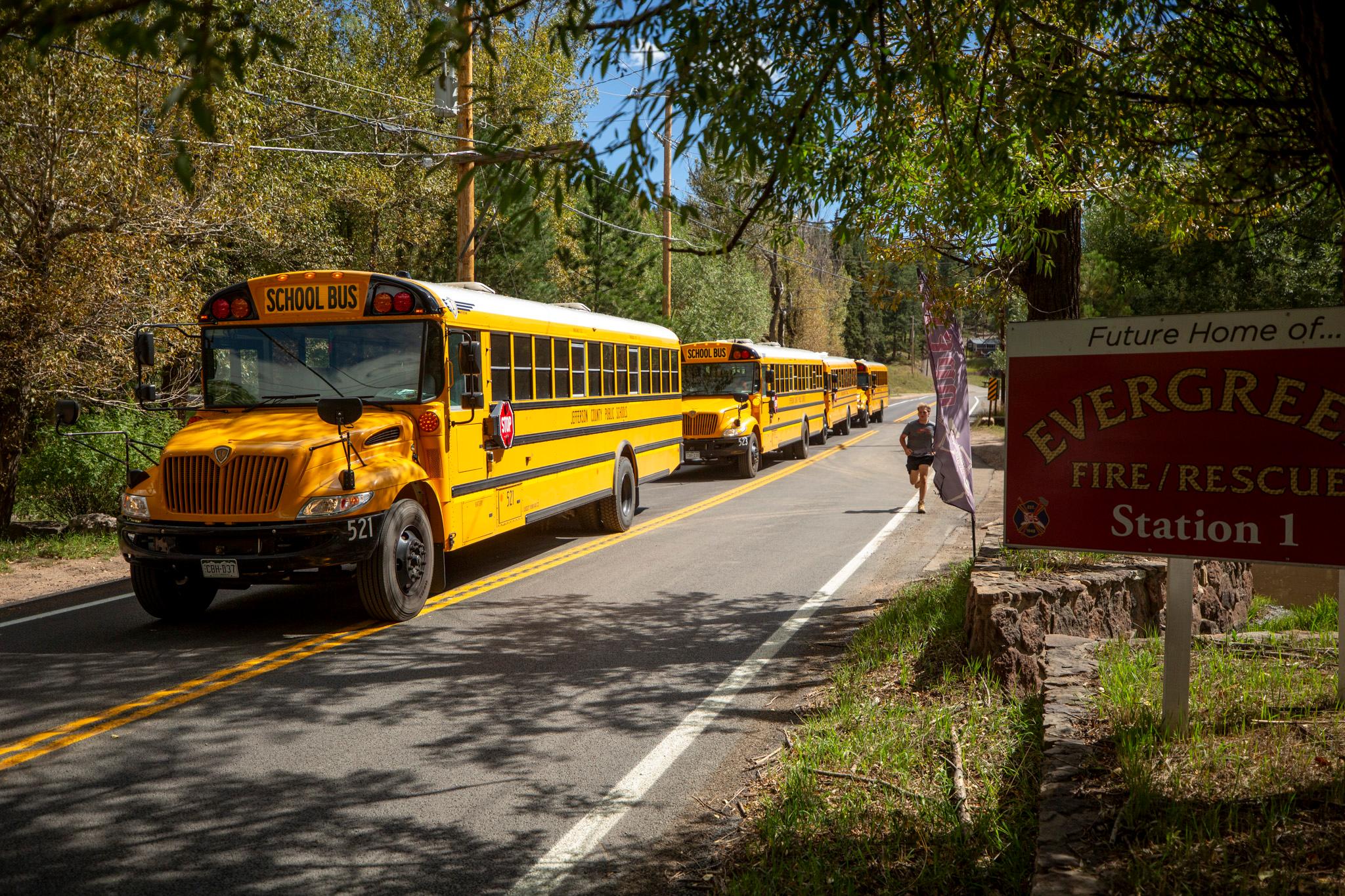
The Winter Park Film Festival is celebrating its third year with dozens of film screenings, parties, a trivia night, a guided hike, and other events.
The festival takes place at various locations in Winter Park and Fraser from Friday, Sept. 5, through Sunday, Sept. 7.
Individual screening events start at $18, and weekend passes are $150.
How did the Winter Park Film Festival get its start?
Connor Nelson, the founder and festival director of the Winter Park Film Festival, grew up in Grand County. It’s a ski-heavy, adventure sports community — and a place where people can struggle with mental health issues in isolation.
As a teenager, Nelson was trying to make it as a professional skier.
“When I was 18,” he said, “my brother passed away in a climbing accident in Aspen.”
That marked a shift for him. He started to party — too much.
“It kind of took me away from skiing,” Nelson said, “and ended my career at the age of 23.”
At 26, he checked himself into rehab. When he got out, it was time to reckon with his future.
“I was doing construction, and I realized this isn't really what I wanted to do with my life,” he said.
What he wanted to do was make films.
So, he pursued film school at Columbia College Chicago and launched himself into a new career. He’s now a wildfire filmmaker in California, and recently shot the PBS documentary, “Weathered: Inside the L.A. Firestorm.”
But when Nelson was in film school, he noticed something.
“There's all these sweet film festivals in Colorado. You’ve got the Breck Film Festival, you've got the Crested Butte Film Festival, all the mountain towns have a cool festival,” he said, “except for Winter Park.”
When he realized that, he said, “Immediately, I was like, ‘I'm going to make a film festival in my hometown.’”
What is the Winter Park Film Festival known for?
Although the festival program includes a wide variety of films, one category stands out: a collection of stories about mental health and addiction.
One of the films in this year’s festival mirrors Nelson’s story.
It’s a short autobiographical documentary, directed by Austin Becker.
“I was skiing professionally, traveling the world, everything going great,” Becker said. Then, "in 2016, I had an injury that completely changed my life.”
He broke several vertebrae in his neck and back.
“I had to relearn how to do everything,” he said. “Walk … literally everything.”
Then came the painkillers.
“And, story as old as time, I got hooked,” Becker said. “I lost everything. I lost my sponsors, I became homeless … and my only will in life was to use drugs and alcohol.”
He tells this story — and how he got clean — in his film, “Streets to Peaks.”
It’s the kind of story not often told in detail in the extreme sports world.
But much like Nelson, Becker is on a mission to change the culture.
“It's OK to talk about this stuff in a macho sport,” he said. “We're trying to rewrite the script on that.”
What else is in the program?
The Winter Park Film Festival isn’t all about extreme sports and athletes in recovery.
Other stories appeal to Coloradans’ sense of place, like a film that uses special lenses to magnify the natural world.
“I wanted to get on the level of the soil and create a character out of the soil,” said filmmaker Chad Weber, director of “Peaks to Prairie.”
“One thing I use is this probe lens,” he said. “It's this really long lens, and you can get really close to things.”
Weber said the film, and its close examination of the soil, stemmed from a curiosity.
“I'm curious about who and how my food comes to me,” he said.
“Organic, regenerative, grass-fed, rotational grazing. What does all this stuff mean? And what's the right thing to do when you're at the grocery store or in your community?”
Those are questions he’s asked himself, and questions he wanted to help others answer.
“I wanted to get on the level of the soil and create a character out of the soil,” he said. “Thematically, where my head was at was this connection of life beyond us as humans, as all life on the same plane working together.”








